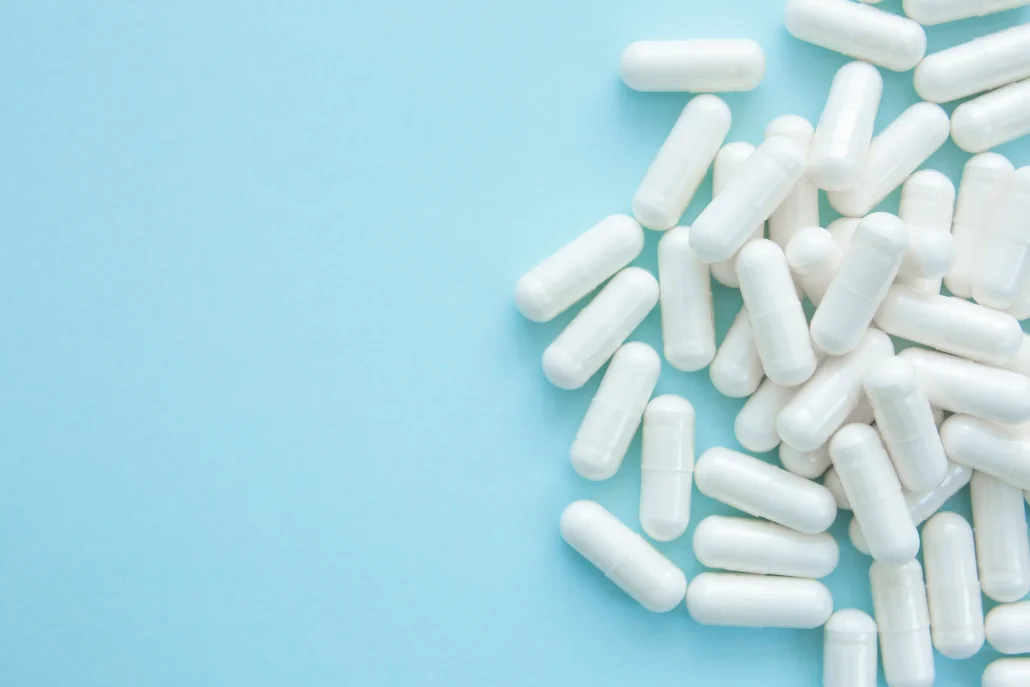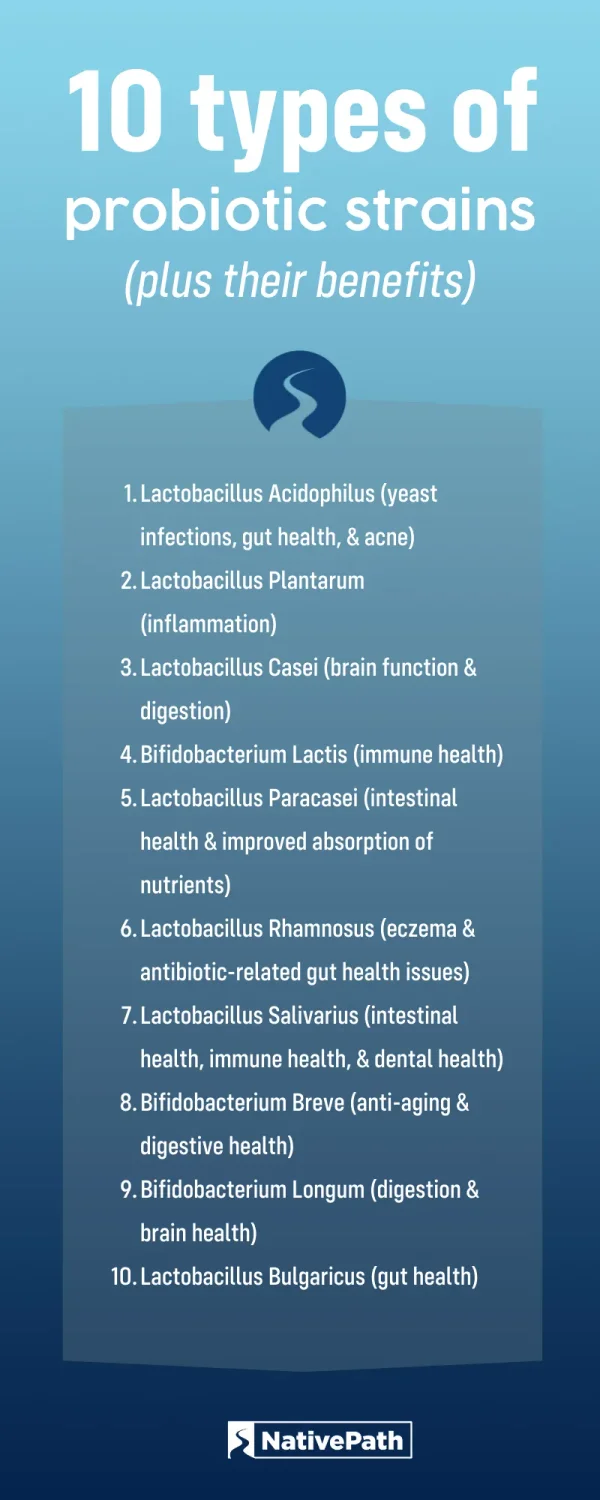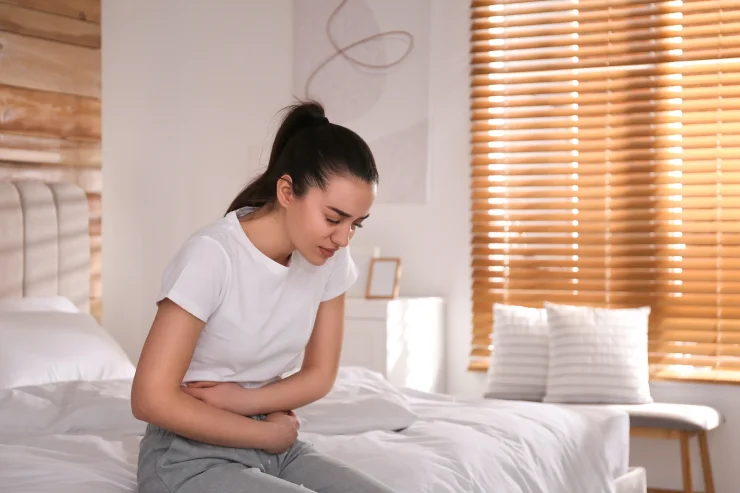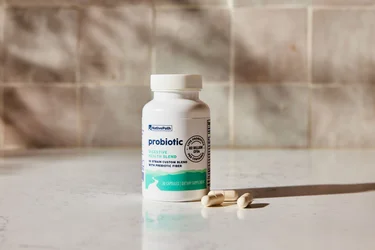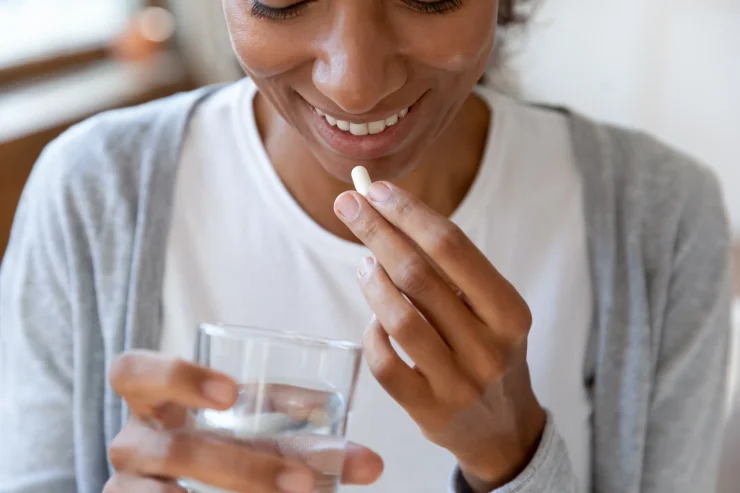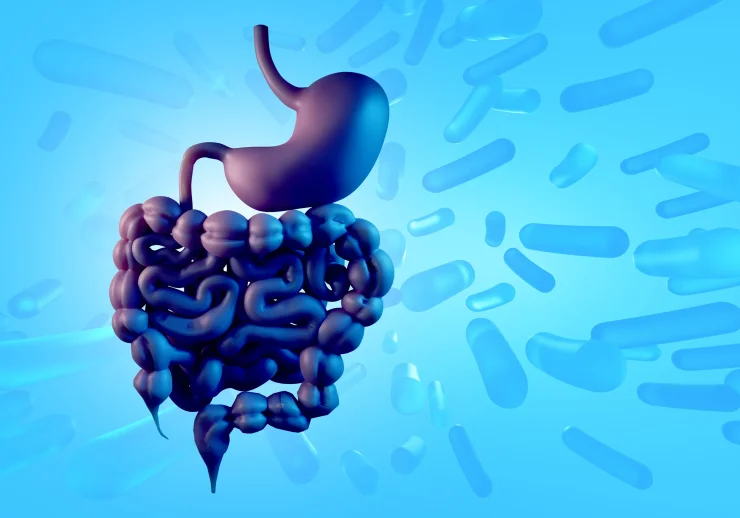The short answer to this question is “it depends.” How long it takes for probiotics to work depends on a series of factors including which strain you’re taking, how healthy you are when you start taking them, the dose you’re taking, and the quality of the product. (Because probiotics are living organisms, choosing a brand that preps and maintains a high-quality product is more important than ever!)
How long it takes to see results can also depend on the symptoms you’re hoping to treat. For example, if you’re taking probiotics for relief from diarrhea, you could start to see results in just days (6). If you’re taking them for a wider range of irritable bowel syndrome symptoms, you may see results in about a week (7).
If you’re taking probiotics for immune health, you may see a decrease in cold or flu symptoms within around three months (8). On the other hand, if you made probiotics part of your routine for general overall gut health, it may take several months to see the results you’re looking for.
